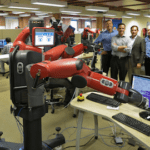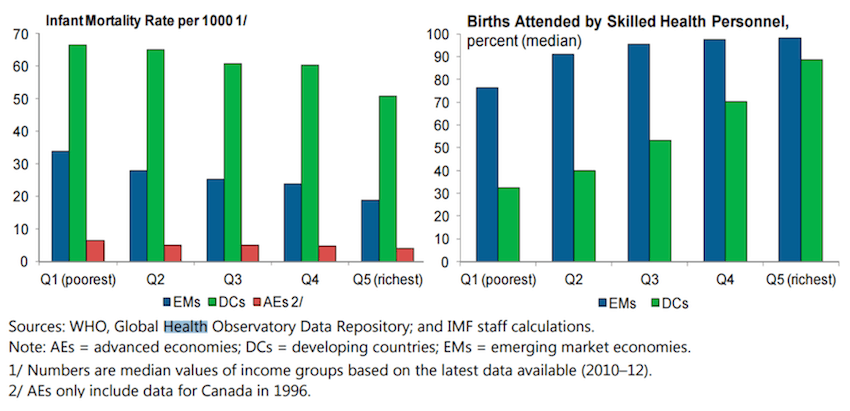Put Down the Champagne, Pick Up the Computer Mouse: For Solar Power To Reach Poor Consumers, the Focus Must Be On Results
On Wednesday, the 2013 World Economic Forum in Davos launched under the theme “Resilient Dynamism.” Although I have never attended Davos, the international gathering of dignitaries does remind me somewhat of the United Nations Industrial Development Organization (UNIDO) conference, ‘Sustainable Energy Strategies in Low and Middle-Income Economies,’ in November. That forum invited experts from all over the world to meet in Milano, Italy and find ways to solve energy poverty. I did attend the UNIDO conference, and frankly, I don’t think it worked. For me, it actually felt like a large step backwards.
Presentations started in a room that was over-heated by central air-conditioning, so we opened the windows to let it cool. The climate adjustments took place while someone talked about promoting energy efficiency.
As for the content itself, the program included many well-known people talking about well-known facts, such as over 1 billion people in the world live without electricity. But no concrete steps for solutions were even mentioned, let alone discussed in detail. Some speakers started by apologizing that they were only told the night before that they should present. And when a panelist asked the host what the conference was designed to achieve, the answer he got was a blank stare.
Then a coffee break, everything served in plastic cups and plates, while chatting about how to care for the environment. And so, with a glass of Champagne in one hand, and a red ripe strawberry on a bed of Italian chocolate in the other hand, attendees continued to chat about what can be done to help the 1 billion-plus villagers who have no access to electricity.
If someone would have teleported us into a village in Africa, would any of the experts who attended been able to look a villager in the eyes and explain what that conference is about?
Shocked, I didn’t attend the second day.
But instead of staying, I returned to my hotel room, opened my laptop and answered questions from solar startups in Nigeria. The email and Skype interaction helped the startups find business partners, plan budget for their operation and select the right products, which got us closer to the goal of solving energy poverty than what the UNIDO conference did.
And after returning from the trip, I’ve started “attending” another type of conference – one that has a magical power to solve energy poverty, but does not require me (and others) to fly around. At LuminaNET (http://luminanet.org/), an online forum with professionals working to bring solar energy to villagers in developing countries, I found answers to questions like:
How to clear customs for solar products in Peru?
How to judge the performance of the dozens of solar lanterns in the market?
How to match solar solutions with the specific needs of fishermen?
How to match solar solutions with the specific needs of chicken growers?
I also found partners to with whom to collaborate and test new ideas like the BennuValue solar products verification stickers and feedback system. And best of all, every knowledge exchange at the transparent environment of LuminaNET gets passed on to bigger audience on the Internet, rather than evaporating into thin air.
Admittedly, the UNIDO event was my first experience at this type of international conference, and most likely the last one as I’ve decided to no longer attend in the future. (Given this blog post, I doubt I’ll be invited). But thinking back to the conference in Italy, where 100 experts invested a total of about 3,000 human hours, and at least U.S. $100,000, what was the result? Was such event the best tool the 21st century offers us to solving energy poverty?
I don’t think so, even though I do believe that UNIDO organized the conference with good intentions. But sadly, for a villager who lives in the dark, intentions do not count; only results do.
In short: Let’s focus on results.
Editor’s Note: This article was voted by readers as one of NextBillion’s Most Influential Articles of 2013.
Yotam Ariel runs a free online database (www.bennu-solar.com/resources) and provides market intelligence and solutions for businesses and organizations that are active in the sector.
Photo courtesy of UN Women.
- Categories
- Energy



